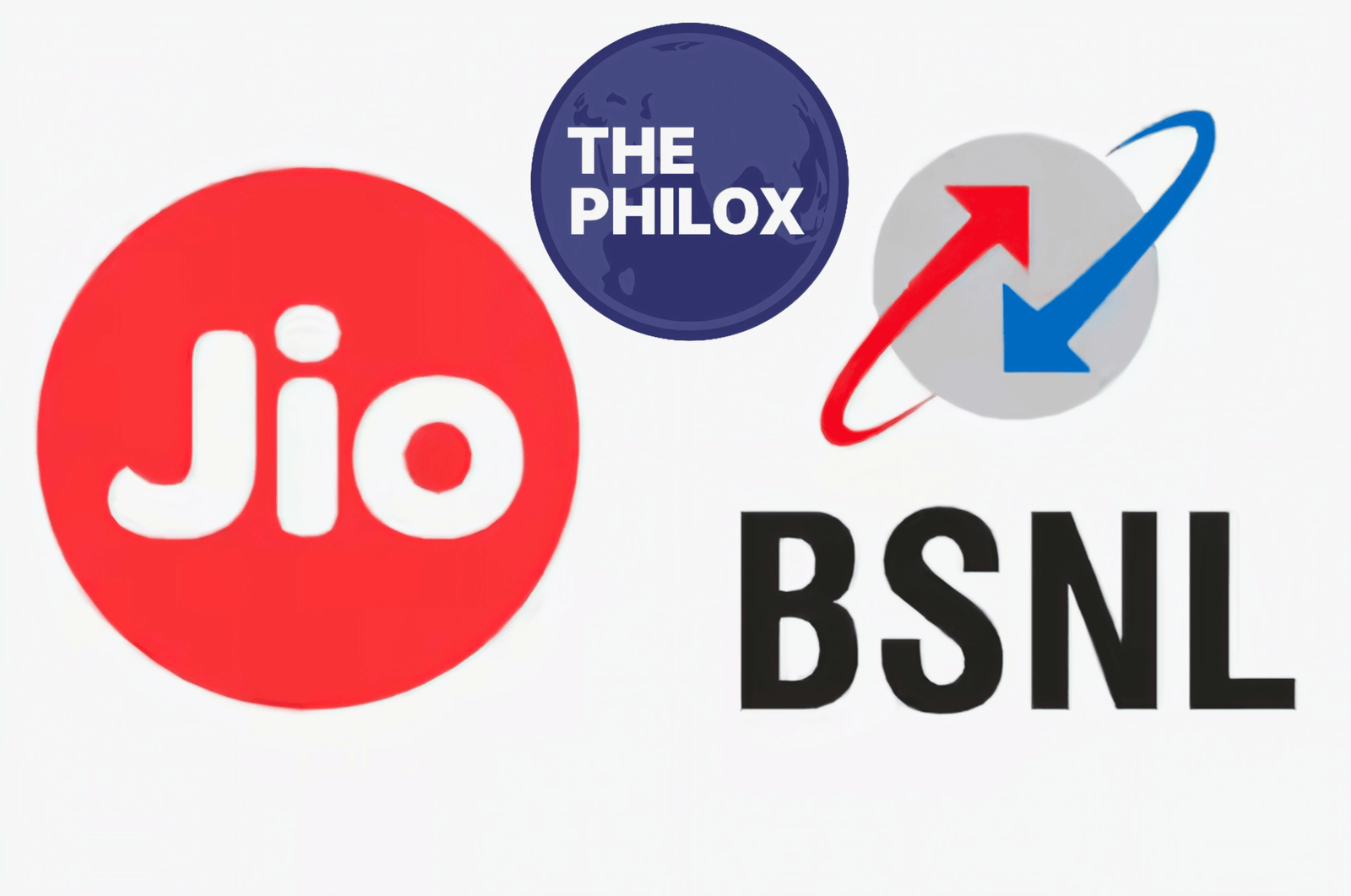In a major disclosure, the Comptroller and Auditor General (CAG) of India has revealed a financial error involving Bharat Sanchar Nigam Limited (BSNL) and Reliance Jio Infocomm LTD.,
claiming that BSNL’s failure to create invoices for infrastructure sharing with Jio causes the government loss ₹1,757 crore.
The results, which generate discussion in political circles and the telecom sector, highlight the urgent necessity of better financial control in public sector companies.
Background: Indian Telecom Sector Infrastructure Sharing
Globally as well as in India, the telecom sector is known for its regular practice of infrastructure sharing.
By means of each other’s physical assets— towers, fiber optic cables, ducts, and other passive infrastructure—it helps telecom operators to maximize capital expenditure.
In India, where network development to far-off rural areas can be financially taxing, such sharing helps keep costs under control and improve service delivery.
Often a major player in infrastructure sharing agreements, BSNL is a government-owned telecom service with a large footprint of infrastructure around the nation.
One of the biggest telecom companies in India, Reliance Jio has also signed several such agreements with several companies, including BSNL, to increase its coverage particularly during its explosive national expansion following its introduction in 2016.
Allegation of CAG: Lack of billing resulted in income loss
Covering the years 2016 to 2020, the CAG audit report shows that BSNL let Reliance Jio access and use its infrastructure without generating invoices or collecting suitable costs. The research projects a ₹1,757 crore income loss from this control.
The CAG claims that BSNL lacked a structured, enforceable contract guaranteeing consistent Jio billing and revenue collecting.
The audit notes that even with BSNL’s infrastructure used, years of official billing were not done. This, the CAG contends, clearly violates accepted financial policies and speaks negatively of BSNL’s management and internal control systems.
The report also highlights that the lack of documentation, unambiguous language, and responsibility policies produced an environment in which such mistakes might go unreported or unquestioned for a protracted length of time.
Jio’s reply: All Dues Paid
Reliance Jio has responded to the accusations with a forceful retort, refuting any outstanding debt. The corporation asserted that all infrastructure sharing payments to BSNL had already been made in whole and on schedule.
Jio claims that the contract with BSNL was based on mutual understanding and collaboration, so official invoicing for every transaction was not absolutely necessary.
“Reliance Jio paid BSNL all monies owed in line with infrastructure consumption. There are not any outstanding debts.
A firm spokesman said the transaction was conducted in good faith and in conformity with mutually agreed agreements.
Jio underlined its commitment to open and moral business conduct and expressed astonishment at the CAG’s findings, implying that the problem might originate more from BSNL’s internal accounting and documentation than from any real financial default.
Under Scrutiny: Governance and Accountability Problems BSNL
The debate has brought BSNL under close examination and begged grave concerns about its administrative policies and financial control.
BSNL has been under fire for inadequate management and lack of efficiency not once before. The loss-making public sector entity has come under fire over years for variable service quality, low-utilization of resources, and project execution delays.
Industry analysts contend that although private businesses like Jio run with commercial agility and transparent financial controls, PSUs like BSNL sometimes lag in internal governance systems.
The CAG’s study underlines how urgently BSNL has to change its monitoring mechanisms, contractual enforcement, and finance systems to stop such future lapses.
Industry Reaction: Demand for Enhanced Transparency and Regulation
Already under financial difficulty from fierce competition and expensive spectrum costs, the telecom sector has responded carefully to the results.
While some analysts think this may be a unique problem between BSNL and Jio, others view it as a sign of more general structural inefficiencies in public-private collaborations.
Infrastructure sharing can only be successful and sustainable, according to telecom specialists, if both sides are bound by well defined, enforceable contracts.
Even under mutual agreements, the lack of billing creates uncertainty, possible loss of public money, and damage of reputation.
“Strong regulatory control over operational agreements like infrastructure sharing is as important as it is over pricing and competition. Every rupee counts in an industry as cash-strapped as telecom,” claimed a top telecom consultant.
Legal and Policy Conventions: What Next?
Whether the government or the Department of Telecommunications (DoT) will start additional action after the CAG report is still to be seen.
Jio has asserted complete compliance, however BSNL can still be liable for not following correct financial procedures and for not protecting public money.
Legal professionals also point out that the issue may force the government to tighten regulations on infrastructure sharing, particularly in relation to public sector companies engaging in it.
Future agreements might incorporate clearer policies, required billing systems, and regular audits as basic elements.
Moreover, should the matter get political traction, it could lead to parliamentary or judicial review.
Given public funds at risk, the issue could inspire investigations into the general operations of BSNL and its interactions with other telecom companies.
Final Thought: A Public Sector Oversight Wake-Up Call
The disclosure by the CAG on BSNL’s failure to bill Reliance Jio for infrastructure usage—and the consequent loss of ₹1,757 crore—has underlined once more the vital need of financial discipline and responsibility in public sector companies.
Reliance Jio insists that all debts have been paid off and that it is not at fault; however, the story highlights the dangers of unofficial agreements and the absence of records in major business transactions.
It also reminds BSNL to improve its internal audits, billing processes, and contract management.
Strong governance systems will be crucial to guarantee that such alliances benefit all stakeholders—without resulting in loss of public revenue or trust—as the telecom sector develops and infrastructure sharing becomes more critical for effective service delivery.




